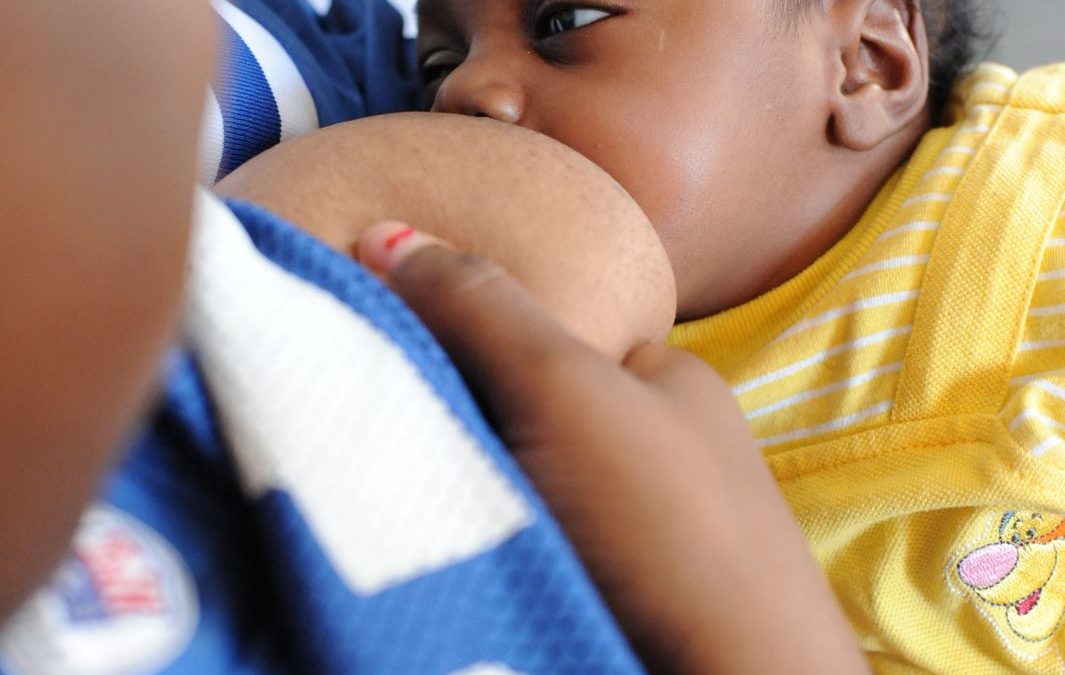I want to start by saying Human Milk for Human Babies is species specific. Just as Otter milk is made specifically for Otters and Beluga milk is made for Belugas!
We can talk about the antibodies, immunological and nutritional properties in human milk that is made specifically for the needs of each infant. We can talk about the health benefits for the mother – a known measure of protection against breast and ovarian cancer among other benefits. These and much more are well-known, and we learn more almost every day. None-the-less very few people reach their breastfeeding goals.
How we parent, which includes how we feed our little ones, is both cultural as well as impacted by society and our peers.
I believe that one the speeds bumps that hinder a persons’ ability to reach their breastfeeding goal is in part the myths that surround breastfeeding and get handed down from generation to generation like the good linen but without anyone looking closely to see the holes! Lack of support is another important component.
And yes, I said person’s ability. Anyone who wants to can breast (or chest) feed. One does not have to ever have been pregnant, you don’t even need a uterus in order to make milk. Nursing babies that you have not birthed has been going on for probably as long as humans have walked on earth.
It is crucial that we separate the product from the process. This is difficult in a society/world that tends to be product oriented. But, once we separate the two one can better understand that breast (or chest) feeding can be done for closeness, healing birth or lack of birth trauma, to be able to experience what we perceive everyone else can do. To do what is normal and part of the pregnancy, birthing paradigm.
With these pieces laying the ground work, I consider that my role with a family is to provide them with research-based information so that they can make an informed decision for themselves. From my vantage point there are no right or wrong decisions. What matters is that a family has all the information available, so they can make the decision that is right for them.
Then my role is to provide support for the family.
If you were to ask me what you can do… for friends, family, co-workers, acquaintances, people on the street – encourage them to get assistance if they are struggling – offer to help them find someone, step back and be supportive – you have no idea what they are coping with – new parents are incredibly vulnerable. If you see someone breastfeeding when you are out and about – give them a “high-five” or a “thumbs- up”.
Patricia Abby Berg, RLC, IBCLC, CST-D
800 LACTATE (800 522 8283)
Content provided by Women Belong member Patricia Berg-Drazin









































 Why Heroine?
Why Heroine? Women Belong Book Club: The Heroine's Journey
Women Belong Book Club: The Heroine's Journey Women Belong Progressive Networking Lunch - Glenview IL
Women Belong Progressive Networking Lunch - Glenview IL Introductions - Members Only
Introductions - Members Only Connections - ZOOM Networking Event
Connections - ZOOM Networking Event